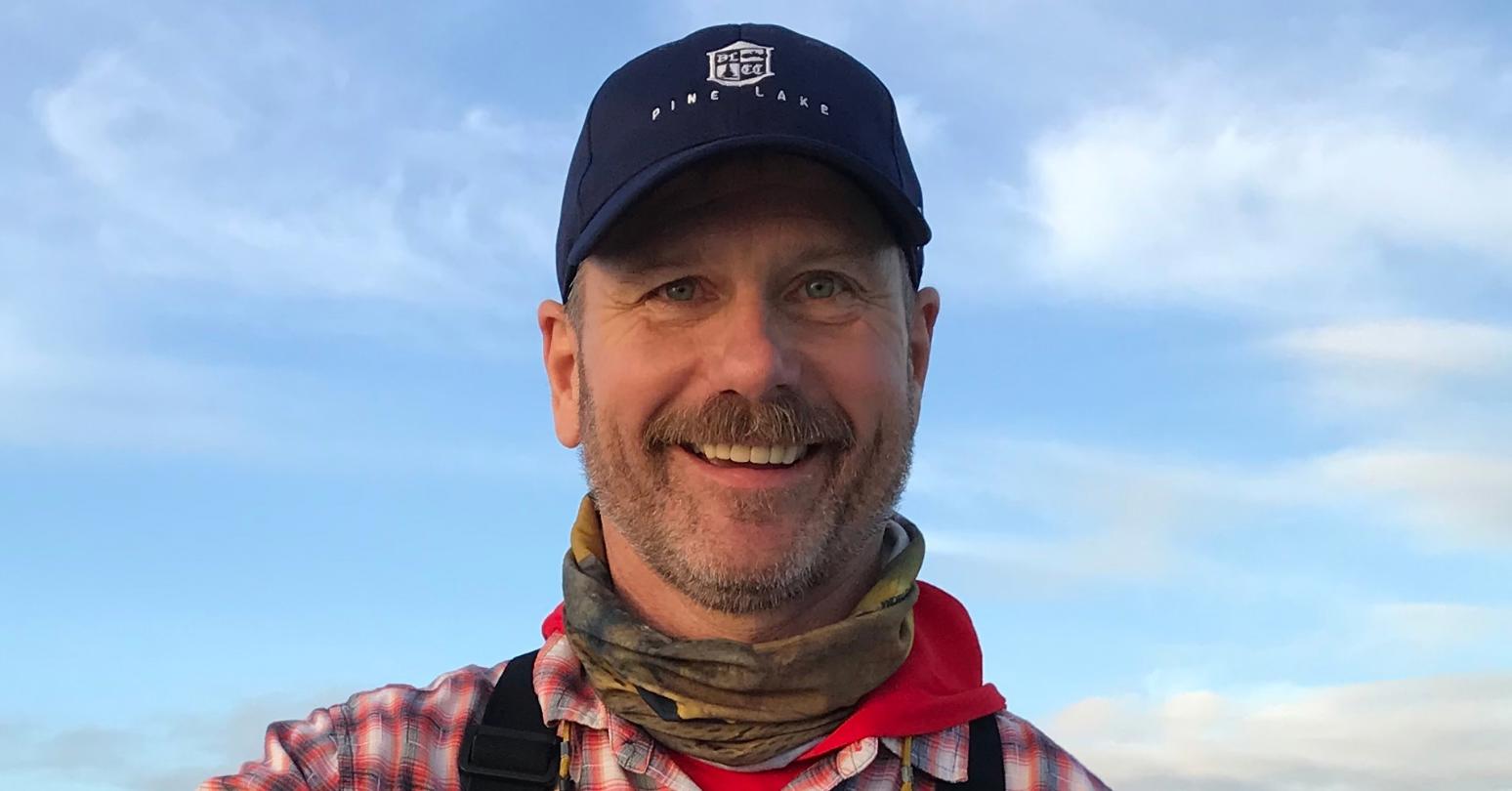Ivey faculty: Warren Ritchie
Ivey welcomes six new faculty members to campus! To help you get to know our new colleagues, we asked each of them a list of questions about their academic – and personal – interests.
Get to know: Warren Ritchie
From corporate executive, and co-founder of a strategy consulting company to adjunct faculty at multiple universities, Warren Ritchie brings a wide range of experiences to his role as assistant professor in Information Systems Strategy at Ivey. Ritchie received his PhD in Business Administration at Kenan-Flagler School of Business, University of North Carolina at Chapel Hill, and earned his MBA at Dalhousie University,
He also knows his way around a fly-fishing rod and is well on his way to achieving an exceptional sports goal. Read more about Warren Ritchie.
What is the most important thing business executives can learn from your research/area of expertise?
My experience and research suggest that emerging information technologies are particularly challenging for some firms to adopt and commercialize, typically for one of three reasons:
- First, business executives may have difficulty envisioning the disruptive potential of the technology on their current business model;
- Secondly, executives may have difficulty comprehending the magnitude of the gap between the capabilities they currently possess and those they require in order to commercialize the new technology; and,
- Thirdly, executives may find that investing to create or acquire the new necessary capabilities requires a significant diversion of funding from existing business operations with the uncertainty of a successful outcome.
Consequently, executives may delay decisions about adaptation and their organizations may appear inert. Framing the issue of adopting new technologies as managing towards a new portfolio of internal (and potentially partner) capabilities can be helpful to motivate executives to begin to run the “First Mile.”
Where did you grow up and what was it like there?
I was born in Kingston, Ontario, and lived there until my early 20s. Life for me in the Kingston area was very much influenced by Lake Ontario, and the surrounding Canadian Shield lakes. Childhood days were spent largely outdoors, only venturing indoors for meals or during inclement weather. Teenage years involved sports, canoeing and school. It was a simple life.
Who have been your strongest influences in life?
Personally, my strongest influences were my parents. As working-class people, they advised I shouldn’t expect to be given very much. If I wanted something in life, I should plan on earning it. If I wanted something extraordinary, I should be willing to do something extraordinary.
Professionally, Clive Warrilow, CEO Volkswagen of America (retired), extracted me out of a traditional automotive importer career path, and assigned me to work on issues of interest to him. These assignments took me cross functionally through the Canadian, American, and international organizations. I gained a perspective on markets and organizations that has been, personally, very valuable.
Academically, Rich Bettis, my dissertation advisor, assigned readings in biological systems and physics theory. Seemingly, the intent was to suggest that what occurs in socially constructed systems, such as markets and industries, has parallels in the natural world. In my opinion, his research was very practitioner relevant, something that I appreciated having had a career that intertwined practice and academia over the years.
What led you to your career?
Early in my career, I took a pause from industry and accepted a one-year appointment to lecture at the University of New Brunswick. I became vey interested in pursuing a PhD in order to one day return to academia. Now, after 30 years of travelling a long wide arc of government, corporate, and entrepreneurial efforts, including an educational sabbatical to complete a PhD at North Carolina, I am back to academia.
What do you like to do when you’re not working?
I spend as much time as I can outdoors. I am moving from being a long-time novice to intermediate-level fly fisherman, and expanding my experience from freshwater to now include saltwater fishing. When I’m not in the outdoors, I enjoy exercise and reading.
What might someone be surprised to know about you?
I am currently in the midst of a multi-year process of attending a game at each of the National Hockey League rinks and each of the Major League Baseball parks. When interrupted by COVID-19, my totals were at 20 and 15 venues, respectively.
What is the most played song on your playlist as of now?
The top four artists on the playlist are Leonard Cohen, Kurt Vile, John Denver, and Emerson Lake and Palmer. However, the song currently making the strongest move up the playlist is, Inner City Blues by Rodriguez on the album Cold Fact, 1970 (from the movie, Searching for Sugarman).
What book would you recommend to others? On the personal side?
Every few months, I root around in the $5 classics bin at a bookstore and buy a few. There is a reason these books are classics; they are really well written. Anything by Leo Tolstoy is very descriptive and worth the read, if your stamina is good.
On the business side?
Spillover: Animal Infections and the Next Human Pandemic (2012) by David Quammen.
Any tips for staying connected or succeeding in an online learning environment?
There is no going back. Experiment.



